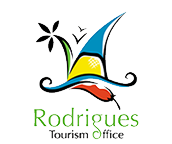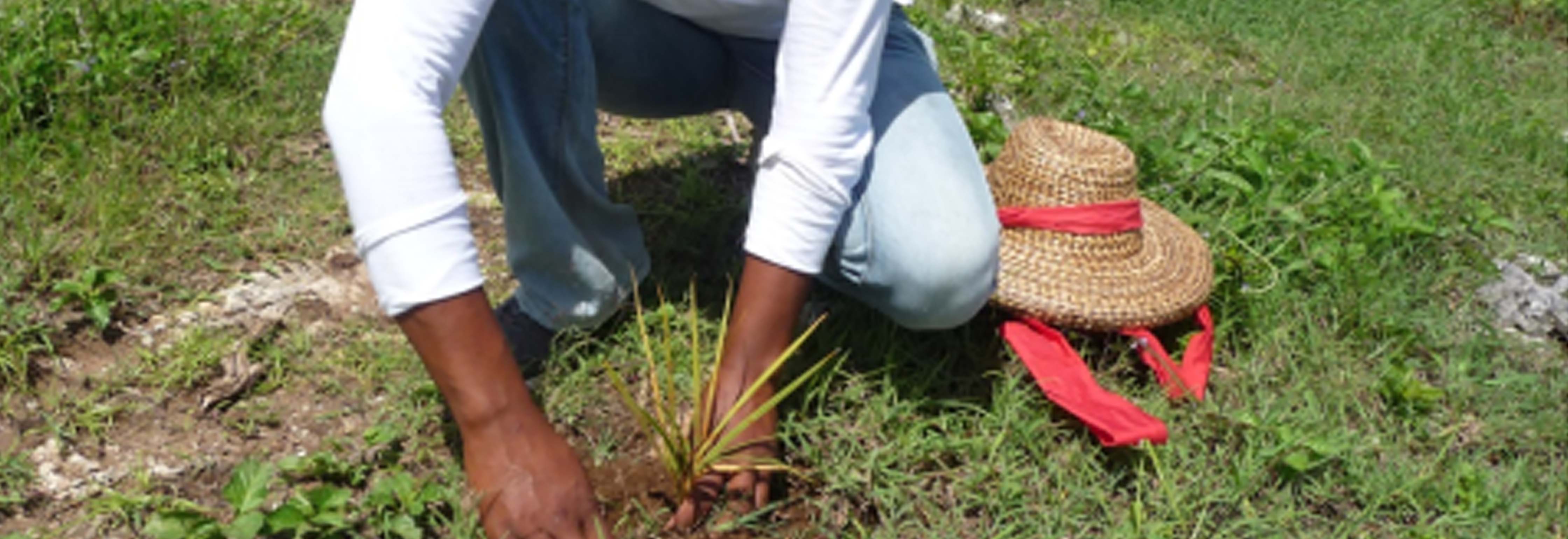The Tourism Commission is responsible for formulating and implementing policies aimed at the development and promotion of the tourism sector in Rodrigues Island.
The island has successfully recovered from the unprecedented COVID-19 pandemic, which severely impacted the travel and tourism industry. In 2023, Rodrigues welcomed a total of 99,066 visitors.
The Tourism Commission is taking initiatives to mitigate the effects of climate change. Every stakeholder is committed to supporting healthy ecosystems and biodiversity, essential for the well-being of thriving communities. As such, the Commission is engaged in efforts to certify the island as a green destination.
Climate data from the past ten years reveal a warming trend of approximately 1.2% and a decrease in rainfall. Global climate changes are affecting long-term rainfall patterns, impacting water availability, and increasing the risk of droughts and floods.
Deforestation has significantly increased worldwide. In 2017, the planet lost the equivalent of 40 football fields of forests every second due to logging, mining, grazing, wildfires, and improper forest management practices. Although we cannot reverse these damages, we can contribute to restoration efforts.
While real solutions to reduce the impacts of climate change will require global action, we in Rodrigues can make changes in our daily lives to reduce our environmental impact.
The main goal is to improve the lives of people and communities by fostering a more equitable and sustainable environment. The Rodrigues Regional Assembly (RRA) is determined to protect the island from degradation through sustainable consumption and production, by managing its natural resources responsibly, and taking urgent action against climate change so it can meet the needs of current and future generations.
Beyond environmental concerns, travelers now seek a tourism approach that aligns with their values. Today's visitors want the opportunity to participate in the preservation of tourist destinations, thereby contributing to the sector’s long-term sustainability. They also expect greater accessibility to eco-friendly modes of transport.
While tourism activities are essential to the current development of Rodrigues, it is crucial to consider certain factors to reduce the negative impact on the environment. The tourism sector must shift towards low-carbon growth to avoid a climate change-related crisis.
The carbon footprint associated with the tourism sector cannot be entirely eliminated; however, sustainable measures can undoubtedly help reduce it.
Promote the restoration and recreation of indigenous forests.
Ensure the protection of coastal areas through sustainable management.
Expand and improve protected areas.
The Tourism Commission encourages green tourism through the "One Visitor, One Tree" concept, officially launched in March 2023.
Proposed Actions
- Increase the restoration of indigenous forests and recreate native forest ecosystems.
- Ensure the protection of coastlines through sustainable coastal management.
- Expand and improve protected areas.
The Tourism Commission promotes green tourism through the "One Visitor, One Tree" concept, officially launched in March 2023.
Project Objectives
- Develop eco-friendly projects in line with the certification process of Rodrigues as a green destination.
- Raise visitors' awareness of the importance of reducing their carbon footprint.
- Educate citizens on the importance of forest restoration.
- Align initiatives with the Sustainable Development Goals (SDGs).
Why are trees essential?
- Trees purify the air we breathe and the water we consume. They also contribute to climate stability and overall health, support wildlife and biodiversity, and have a positive social impact.
- Trees provide essential habitats for terrestrial biodiversity.
- Trees are key ingredients in the formulation of medicines.
- Trees absorb harmful carbon from the atmosphere.
- Reforestation has been recognized as the most effective and affordable solution to mitigate climate change.
- Trees are fundamental to outdoor activities and contribute to creating beautiful landscapes.
Why should visitors get involved?
The travel disruptions caused by the COVID-19 crisis have made tourists more aware of the impact of their travel. Increasingly, they are seeking to minimize their ecological footprint and support local economies. The "One Visitor, One Tree" project aims to reconcile travel and the environment. It has been found that 70% of greenhouse gas emissions are related to travel.
Rodrigues Island welcomes around 70,000 visitors per year, and such a project will have a positive impact on tourism revenues as well as the purchase of plants and related products.
Project Location:
The project will be implemented in Anse Quitor, in the southwest of the island, a site chosen due to the necessity and challenges of forest restoration in dry areas.
Type of Trees to Plant:
The project will prioritize the planting of endemic plants.
Benefits of the "One Visitor, One Tree" Project:
- Mechanism for promoting sustainable tourism.
- Increase in the number of regular visitors.
- Enhanced brand image.
- Strengthened competitive advantage.
- Optimized environmental performance.


